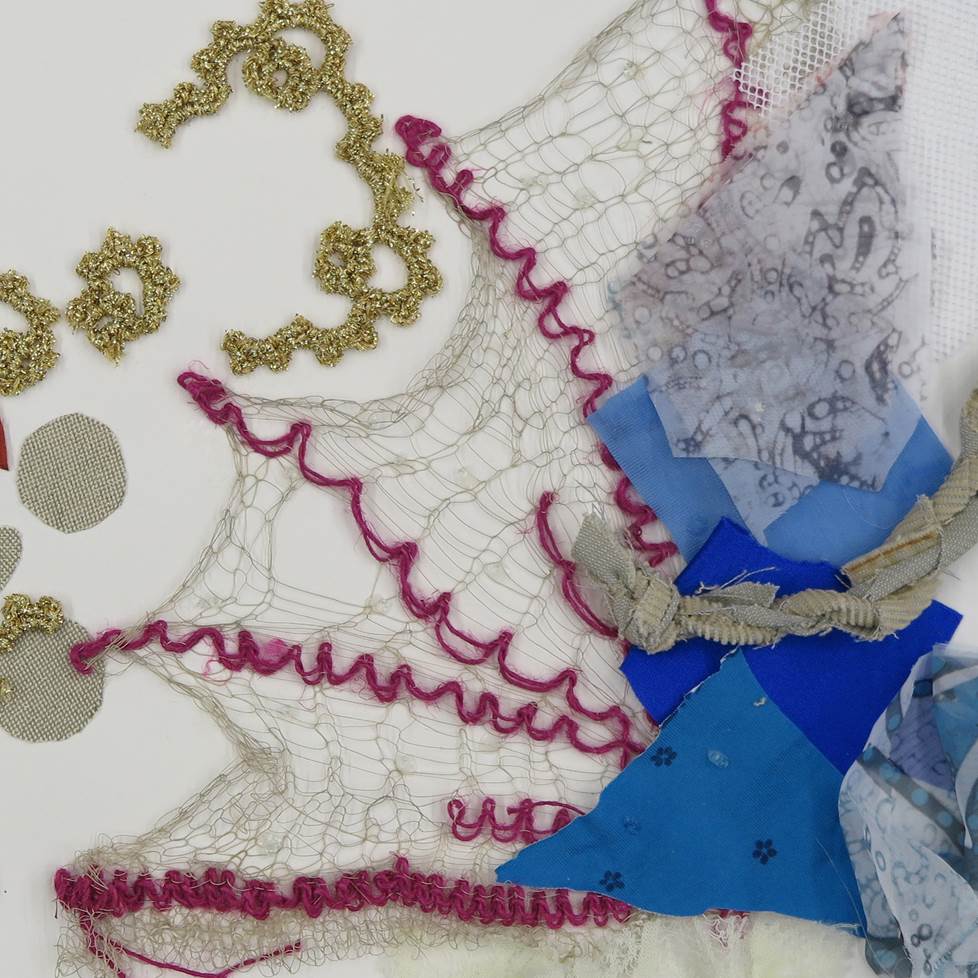Material knowledge in collaborative designing and making - A case of wearable sea creatures
DOI:
https://doi.org/10.7577/formakademisk.1480Keywords:
collaboration, designing, gestures, embodied experience, making, material knowledgeAbstract
This article is based on a study of novice designers’ knowledge of materials in a challenging collaborative assignment. We approached material knowledge from two complementary viewpoints: the dimensions of knowledge shared during designing, and how student teams built new knowledge during making. We found that both modalities studied—namely, words and gestures—contributed to advancement in designing. The modalities became specialised: While words served mainly to identify materials and to describe visual qualities, gestures conveyed information about size, shape, location and dynamic dimensions, such as movement and change over time, as well as signature qualities based on embodied experience. During making, ambitious teams took material decisions and the challenge of authenticity seriously, but the tight timeframe and budget compelled them to favour pragmatic choices.

Downloads
Additional Files
Published
How to Cite
Issue
Section
License
Authors who publish with this journal agree to the following terms:
- Authors retain copyright and grant the journal right of first publication with the work simultaneously licensed under a Creative Commons Attribution 4.0 License that allows others to share the work with an acknowledgement of the work's authorship and initial publication in this journal.
- Authors are able to enter into separate, additional contractual arrangements for the non-exclusive distribution of the journal's published version of the work (e.g., post it to an institutional repository or publish it in a book), with an acknowledgement of its initial publication in this journal.
- Authors are permitted and encouraged to post their work online (e.g., in institutional repositories or on their website) prior to and during the submission process, as it can lead to productive exchanges, as well as earlier and greater citation of published work (See The Effect of Open Access).
- The author(s) must manage their economic reproduction rights to any third party.
- The journal makes no financial or other compensation for submissions, unless a separate agreement regarding this matter has been made with the author(s).
- The journal is obliged to archive the manuscript (including metadata) in its originally published digital form for at least a suitable amount of time in which the manuscript can be accessed via a long-term archive for digital material, such as in the Norwegian universities’ institutional archives within the framework of the NORA partnership.
The material will be published OpenAccess with a Creative Commons 4.0 License which allows anyone to read, share and adapt the content, even commercially under the licence terms:
This work needs to be appropriately attributed/credited, a link must be provided to the CC-BY 4.0 licence, and changes made need to be indicated in a reasonable manner, but not in any way that suggests that the licensor endorses you or your use.



